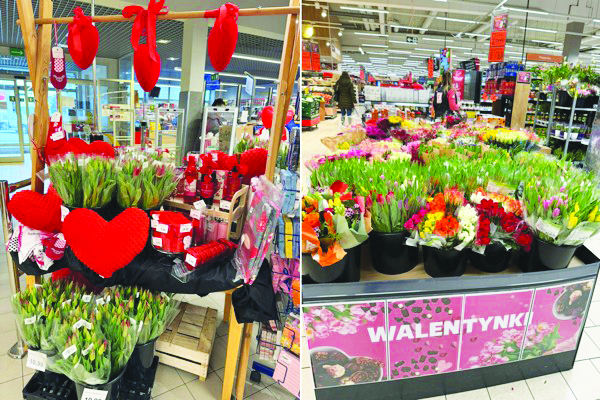
By Christine Chesaro & Hosea Machuki
The European Union (EU) parliament and Kenya’s National Assembly recent ratification of the Economic Partnership Agreement (EPA) between the EU and Kenya is a game changer. This deal offers quota-free and duty-free market access. For the Kenyan farmers, particularly horticulture producers, this is a golden opportunity.
To capitalise on this opportunity, the EU has collaborated with TradeMark Africa, to implement the Business Environment and Export Enhancement Programme (BEEEP) under the EPA. This initiative is designed to support smallholder farmers and producers, helping them cultivate high quality produce sustainably and get it to market efficiently, primarily through sea freight.
The shift from air to sea freight in Kenya is driven by cost-savings, environmental concerns, and the need for supply chain resilience.
Sea freight is more economical for large shipments and is seen as a greener option. The Covid-19 pandemic highlighted the vulnerabilities in air transport, prompting businesses to diversify their logistics strategies.
This is where Export Supply Hubs (ESH), also known as consolidation centres, come into play. ESH can revolutionise the export of flowers, avocados, mangoes, and vegetables to the EU and other markets. These hubs signify more than just a logistical shift; it embodies a transformation that addresses critical constraints and boosts export capabilities and competitiveness.
At the core of ESH is the goal to streamline and enhance the export process, ensuring efficiency and sustainability.
By consolidating produce from various growers, ESH reduces the risks and complexities of individual shipments. This method builds trust in sea freight, optimises resources, such as containers and logistics, and cuts costs while minimising environmental impact.
ESH also plays a crucial role in broader development, facilitating access to international markets and creating economies of scale. They serve as quality control centres, ensuring only the best produce reaches the market. By promoting infrastructure development, ESH enhance business competitiveness, and propel the agriculture sector’s growth.
Consider the flower industry as an example. Sea freight for flowers has historically faced challenges due to logistical complexities and suboptimal conditions. However, dedicated sea freight consolidation centres in regions, such as Colombia and Ecuador, show the transformative potential of ESH. These centres optimise logistics, and ensure flowers are stored and transported under optimal conditions, enhancing their quality and longevity.
In Kenya, ESH can revolutionise the export landscape for flowers, avocados, mangoes, and vegetables. Dedicated facilities for sea freight, large cold storage rooms, and suitable loading facilities can significantly boost export operations’ efficiency and effectiveness.
Shortening the distance between farms and consolidation centres minimises the time produce spends at suboptimal temperatures, preserving its quality.
Chesaro is the director, Horticulture Crops Directorate while Machuki is the Chief Executive Officer, Fresh Produce Exporters Association of Kenya.
Source: https://www.businessdailyafrica.com/
